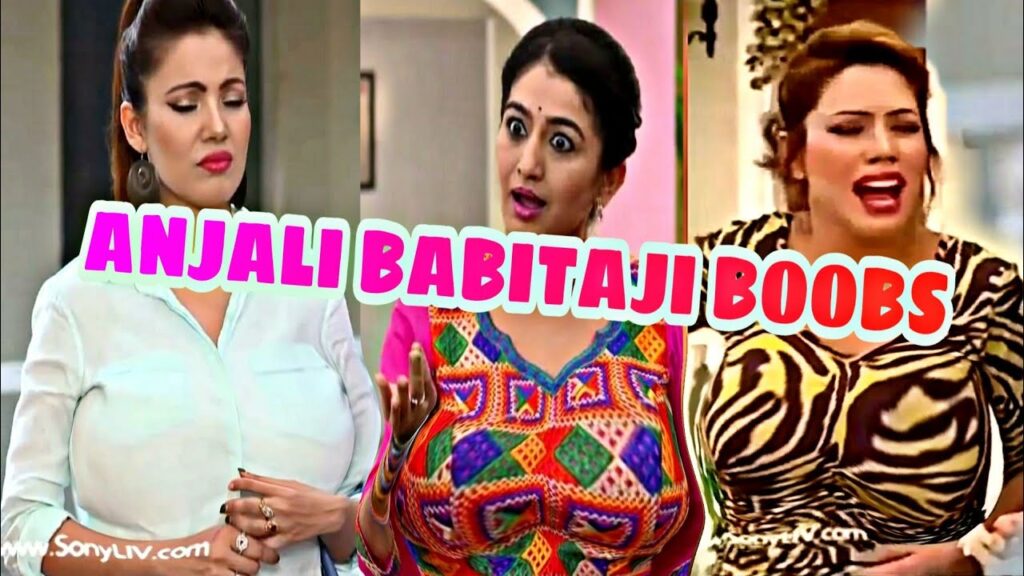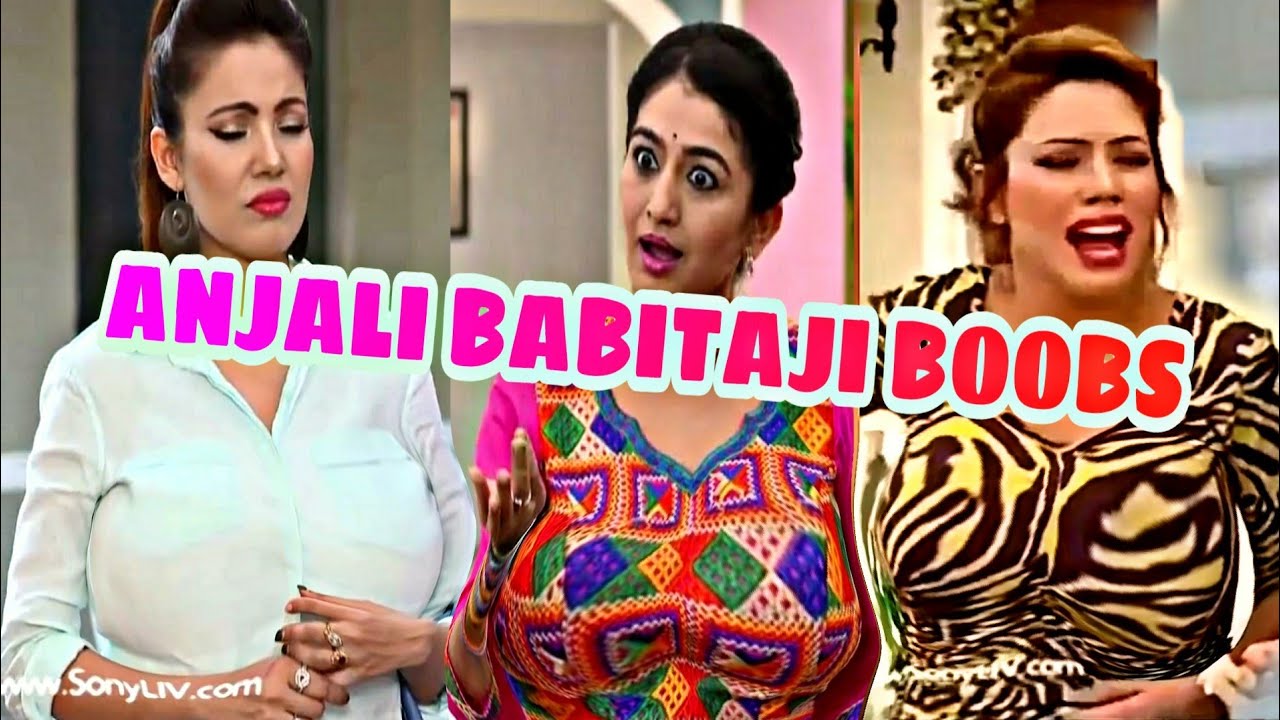
Navigating the Complexities of Societal Perceptions and Objectification
The internet and media landscape are saturated with imagery and terminology that often sexualize and objectify individuals. Terms like “hot b oobs” are frequently used, and it’s essential to critically examine the implications of such language. This article aims to dissect the societal impact of objectification, discuss responsible media consumption, and provide resources for those seeking support and education on these issues.
Understanding Objectification
Objectification occurs when a person is treated as a mere object or instrument for someone else’s gratification, often sexual. This dehumanization strips individuals of their autonomy, dignity, and intrinsic worth. The consequences can be far-reaching, affecting mental health, self-esteem, and overall well-being. The term “hot b oobs,” for example, reduces a person to a single physical attribute, ignoring their personality, intellect, and other qualities.
The prevalence of objectifying language in media, advertising, and everyday conversation normalizes this behavior, making it harder to recognize and challenge. When individuals are constantly bombarded with messages that prioritize physical appearance over substance, it can lead to distorted perceptions of beauty and self-worth.
The Impact on Mental Health
Objectification can have a significant negative impact on mental health. Individuals who are frequently objectified may experience:
- Anxiety: Constant worry about appearance and how others perceive them.
- Depression: Feelings of worthlessness and hopelessness due to being valued primarily for their physical attributes.
- Eating disorders: Unhealthy relationships with food and body image in an attempt to conform to unrealistic beauty standards.
- Low self-esteem: A diminished sense of self-worth due to internalizing objectifying messages.
- Self-objectification: Internalizing the perspective of an observer and constantly monitoring one’s own appearance.
Furthermore, the pressure to maintain a certain appearance can lead to feelings of inadequacy and shame. Individuals may feel compelled to undergo cosmetic procedures or engage in unhealthy behaviors to meet societal expectations. The use of terms like “hot b oobs” contributes to this pressure by reinforcing the idea that physical appearance is the most important aspect of a person’s value.
The Role of Media and Advertising
Media and advertising play a crucial role in shaping societal perceptions of beauty and sexuality. Often, these industries perpetuate unrealistic and objectifying portrayals of individuals, particularly women. The use of highly sexualized imagery and language, such as the phrase “hot b oobs,” is common in advertising campaigns aimed at selling products or services.
These representations can have a profound impact on viewers, especially young people who are still developing their sense of self. Constant exposure to objectifying images can lead to the internalization of unrealistic beauty standards and the belief that physical appearance is the most important aspect of a person’s worth. [See also: The Influence of Media on Body Image]
It is essential to critically analyze the messages conveyed by media and advertising and to challenge representations that perpetuate objectification. Consumers can make informed choices about the media they consume and support companies that promote positive and respectful portrayals of individuals.
Promoting Respectful Language and Imagery
Changing societal attitudes towards objectification requires a conscious effort to promote respectful language and imagery. This includes:
- Challenging objectifying comments and behavior: Speaking out against language and actions that dehumanize individuals.
- Promoting diverse representations of beauty: Celebrating a wide range of body types, ethnicities, and abilities.
- Educating others about the impact of objectification: Raising awareness about the harmful effects of objectifying language and imagery.
- Supporting media outlets and organizations that promote respectful representations: Choosing to consume media that values individuals for their character and intellect, not just their physical appearance.
Furthermore, it is important to teach young people about consent, healthy relationships, and the importance of respecting others’ boundaries. By fostering a culture of respect and empathy, we can create a society where individuals are valued for their whole selves, not just their physical attributes. The phrase “hot b oobs” and similar terms should be recognized as harmful and replaced with language that promotes respect and dignity.
Responsible Media Consumption
Being a responsible media consumer involves actively engaging with media content and critically evaluating the messages being conveyed. This includes:
- Recognizing objectifying imagery and language: Identifying representations that reduce individuals to their physical attributes.
- Questioning the motives behind media messages: Understanding that media outlets and advertisers often have an agenda to sell products or services.
- Seeking out diverse perspectives: Exposing oneself to a variety of viewpoints and representations.
- Supporting media that promotes positive and respectful portrayals: Choosing to consume media that values individuals for their character and intellect.
By being mindful of the media we consume, we can protect ourselves and others from the harmful effects of objectification. [See also: The Power of Media Literacy]
Resources for Support and Education
If you or someone you know is struggling with the effects of objectification, there are resources available to provide support and education. These include:
- Mental health professionals: Therapists and counselors can provide guidance and support in addressing issues related to body image, self-esteem, and mental health.
- Support groups: Connecting with others who have similar experiences can provide a sense of community and validation.
- Educational organizations: Organizations that focus on promoting body positivity, media literacy, and healthy relationships can provide valuable information and resources.
- Online resources: Websites and online communities offer information, support, and resources for individuals struggling with objectification.
It is important to remember that you are not alone and that help is available. Seeking support is a sign of strength and can be an important step in healing and recovery.
Conclusion
The use of objectifying language, such as the phrase “hot b oobs,” contributes to a culture that devalues individuals and promotes unrealistic beauty standards. By understanding the impact of objectification, promoting respectful language and imagery, and practicing responsible media consumption, we can create a society where individuals are valued for their whole selves, not just their physical attributes. It is crucial to challenge objectifying comments and behavior, support media outlets that promote respectful representations, and educate others about the harmful effects of objectification. Let’s strive to foster a culture of respect, empathy, and understanding, where everyone feels valued and empowered. Addressing the pervasive issue of objectification requires a collective effort to dismantle harmful stereotypes and promote a more inclusive and equitable society. Terms like “hot b oobs” must be recognized for their detrimental impact and replaced with language that celebrates diversity and promotes respect for all individuals. The journey towards a more respectful and equitable society begins with individual awareness and a commitment to challenging objectification in all its forms. The impact of objectifying language like “hot b oobs” extends beyond individual self-esteem, contributing to systemic inequalities and perpetuating harmful stereotypes. We must actively work to dismantle these structures and create a society where everyone feels safe, valued, and respected. The conversation around objectification and the impact of terms like “hot b oobs” is ongoing, and it requires continuous reflection, education, and action. By working together, we can create a more just and equitable world for all. It’s important to remember that language shapes reality, and choosing respectful and inclusive language is a powerful way to promote positive change. The objectification inherent in phrases like “hot b oobs” contributes to a culture that prioritizes physical appearance over substance, leading to harmful consequences for individuals and society as a whole. By challenging these norms and promoting a more holistic view of human worth, we can create a more compassionate and equitable world.

